community/life
-
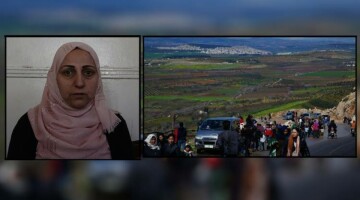
Roşîn Hido: A dirty plan is being implemented in Afrin
While people of Afrin have faced serious rights violations since Turkey took the control of the city, hundreds of tents have been recently set up in many settlements. Lawyer Roşîn Hido pointed out that a dirty plan is being implemented in Afrin, “They are trying to clear out the Kurds and civilizations that have lived in the region for centuries. The demographic structure of the city has been changed. They settled 400 people, including Turkmen, Arabs, and Palestinians in the region in a short time.
-
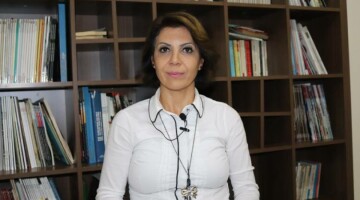
Emine Akşahin: Identities of perpetrators of sexual assault should never be kept confidential
Drawing attention to the recent increasing sexual abuse cases particularly in public institutions, Emine Akşahin, the co-chair of Eğitim-Sen Diyarbakır No. 1 Branch, said, “Keeping the identities of perpetrators of child sexual abuse and the policy of immunity allow the perpetrators to walk freely among the people and they pose threat to other children and women. Steps should be taken to ensure that the identities of perpetrators of sexual assault should never be kept confidential.
-
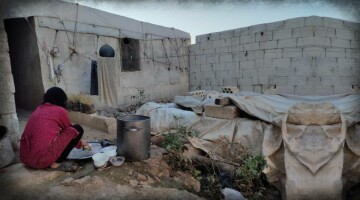
Women try to hold on to life in camps of Idlib
People living in the refugee camps of Idlib are struggling for their lives due to bad conditions. Women, who have faced many dangers, are waiting to be visible.
-
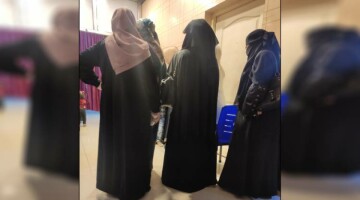
Women of Idlib subjected to domestic violence
Women of Idlib seeking a divorce due to domestic violence are killed by their husbands. Buthaina El-Omer (35) was one of the women killed by their husband.
-
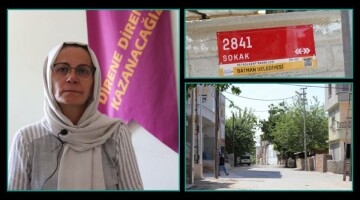
Youth drifted into drugs, prostitution in Batman
Free Women’s Movement (TJA) member Şükran Çelebi points out that youth have been drifted into drugs and prostitution in Batman, “People living in the Mobil, Petrolkent and Seyitler neighborhoods complain about this situation. Parents can no longer take their children outside. The policy being practiced there drives our children, future, into this swamp.”
-
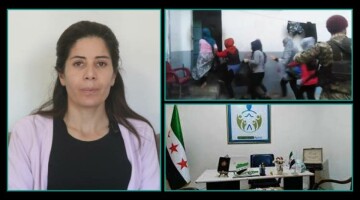
“Polygamy office” opened in Azaz sparks outrage
Turkey and Turkish- backed groups opened an office called, “Polygamy Office” in the city of Azaz. Mizgin Xelil, Spokesperson of the Kongreya Star in Euphrates Region, told us they would stand against it. “The Polygamy office is actually a slavery center. We don’t accept such offices and we will hold marches and activities to protest it.”
-
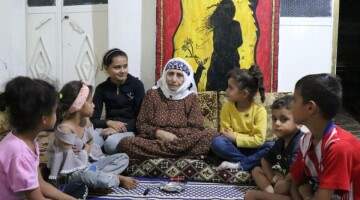
Children grow up with fairy tales told by 80-year-old Hedle Facir
Less people tell fairy tales to children due to the development of technology. 80-year-old Hedle Facir, who lives in the city of Aleppo, preserves the culture of storytelling and fairy tales. She gathers her grandchildren around herself and tells fairy tales and stories to them. “This culture should be preserved,” she said.
-
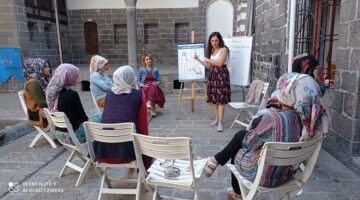
Felek Fidan: We saw the effects of war on women
TitulaARTS project initiated in cooperation with the Mesopotamia Migration Monitoring and Research Association and the Association of Middle East Cinema Academy has held workshops for refugee women and children. Felek Fidan, the assistant of the project, stated that their aim is to heal the great marks left by the war on women with the workshops. “During the workshops, we saw the effects of war on women and children. Something should be done to stop wars,” Felek Fidan told us the associations will prepare a report after holding workshops for a year.
-
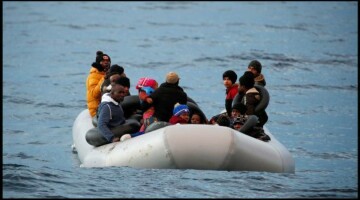
Stories of women taking death boats: For a better life…
Migrant women, who risked their lives to go to different countries for a better life, spoke to our news agency about the difficulties they faced during their journey. These women, who lost many of their friends on their journey, preferred to flee to build a better future for themselves and their children.
-
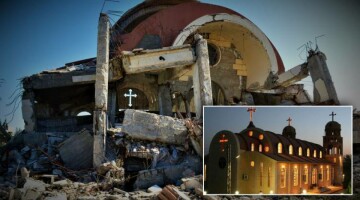
Şam Qiryo: Their aim is to change the demographic structure in Serêkaniyê
Şam Qiryo, the head of the Syriac Women's Union in Syria, stated that the operation launched into Serêkaniyê is planned and carried out by the great powers, “Their aim is to change the demographic structure and weaken the autonomous administration project.”
-
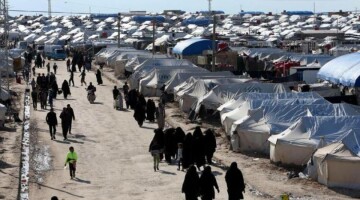
Women looking for their disappeared loved ones in Syria
Eyşe Mihemed looks for her husband abducted by ISIS, Cemile Murad Eli looks for her son and Şamira Xelil looks for her husband Omer Biro… They are still hopeful about finding their loved ones. They react to the ongoing silence of the international community.
-
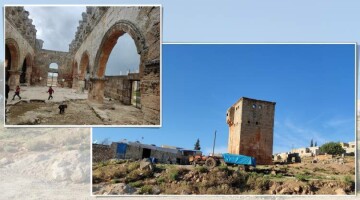
Destroyed historical places of Idlib become living spaces for displaced people
Many historical places of Syria were destroyed by ISIS or other armed groups. Destroyed historical places of Idlib become living spaces for forcibly displaced people. The displaced people have to live in historical places due to poverty and hard living conditions.
-
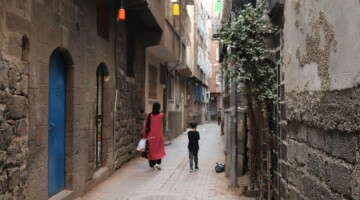
Women of Sur speak out against harassment: We don’t feel safe
In Amed’s Sur district, two men harassed women in the last week and they were exposed by the inhabitants of the district. “We don’t feel safe in our neighborhoods,” the women of the district said and demanded a definitive solution for the harassment incidents in their district.
-
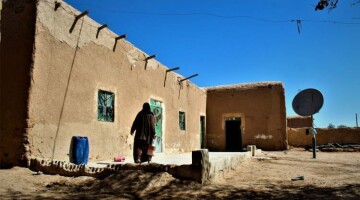
Fadima Mihemed who lost her husband, two sons: “This war should end”
Fadima Mihemed lives in the village of Um El-Xêr. Her husband and two sons were killed in the attacks on the village. “Every hour is like a year,” she said. “We want to live in peace in our village. This war should end in order that all displaced people return to their homes. Invaders should leave our lands.”
-
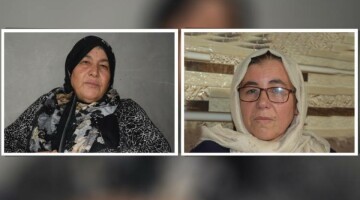
Families of people abducted by ISIS: We want to know if they are alive or not
Committee of Prisoners' Families is an organization founded in Manbij and Kobanî by families of those who were “detained” by ISIS to find out whether their children are alive or not. The families have looked for their children abducted by ISIS since ISIS took the control of Manbij in 2014.
-
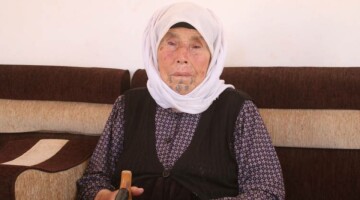
She tells tales that she listens to from her parents
Zin Mihemed Mustafa is 108 years old now and she grew up listening to tales from her parents. Children gather around her to listen to tales from her now. She calls on parents to “Preserve your culture.”
-
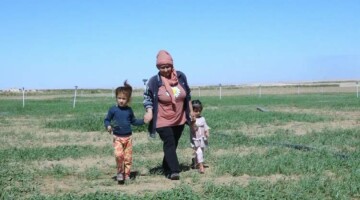
Sena Xidir appeals to Yazidis: Return to your homeland
Sena Xidir returned to Shengal a year after the ISIS attacks. She appealed to Yazidis, who were forcibly displaced from Shengal, “Return to your homeland, if we unite, we can protect ourselves.”
-
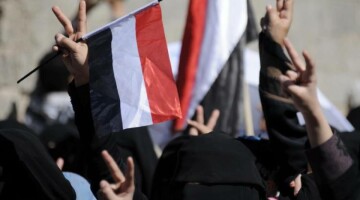
Social media campaign against femicides in Yemen: Change the laws
A group of human rights activists has launched a social media campaign against femicides after the murder of Shorouk Ahmed Manea in the city Sana’a of Yemen under the name of “honor”. Human Rights Observatory Foundation president Anis El-Shareq demands that the laws in Yemen should be changed and that the perpetrators should receive the heaviest punishment.
-
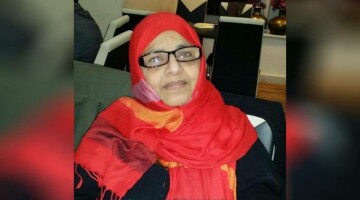
First chairwoman of Yemeni Women's Union dies: “She was a great fighter”
Aisha Mohsen Al-Khaili, the first chairwoman of the Yemeni Women's Union, died in Sheffield, England yesterday. Yemeni feminists and women’s rights activists have been left devastated by her death. “She worked to empower women throughout her life. She was a great fighter,” said Amna Mohsen, co-founder of the union.
-
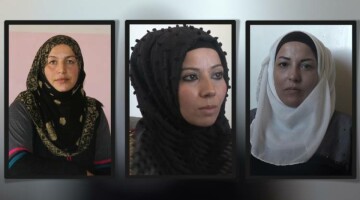
“Women of Deir ez-Zor are stronger now”
In Deir ez-Zor, more women have taken part in decision-making at all levels since their city was liberated from ISIS. The women of the city have become stronger since the foundation of the Women’s Council.
